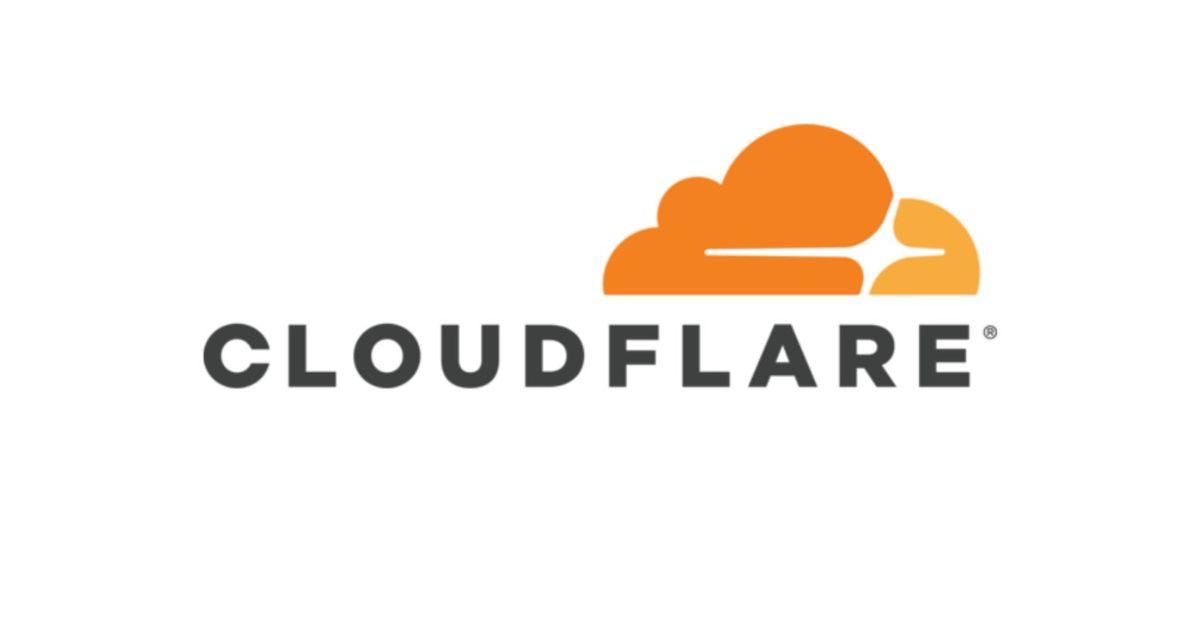Who Owns Cloudflare? The People and Institutions Behind the Internet Powerhouse
Cloudflare is not owned by one founder or billionaire. Here is who really controls the internet giant.
Published Nov. 18 2025, 11:14 a.m. ET
Cloudflare runs quietly in the background of the internet, yet it powers millions of websites and protects them from attacks. Most people never think about it until something breaks.
When a Cloudflare outage hits, social media lights up with panic and confusion because half the internet suddenly feels unusable. That kind of power raises a big question. How did one company gain this much control over online traffic and security in the first place?
The company brands itself as a digital shield, blocking hackers, speeding up websites, and keeping data flowing. But with that power comes a new concern. If Cloudflare protects everything from small blogs to government portals, who controls Cloudflare itself? And how much influence do they hold over the internet we all depend on every day?
Let’s take a look at who owns Cloudflare and how much influence they really have.
Who owns Cloudflare?
Cloudflare, Inc. (NYSE: NET) went public in 2019, and since then, its shareholder base has fractured into many pieces. According to Yahoo Finance, the largest single shareholder is Capital Research & Management Company, which controls roughly 12.85 percent of the shares.
The next largest holder is The Vanguard Group at 9.23 percent, followed by BlackRock at about 6.4 percent, and Baillie Gifford around 6.2 percent, figures supported by Investing.com’s institutional ownership tracking.
Despite being the faces of the company, Cloudflare’s founders do not control a large percentage of shares.
Matthew Prince, Michelle Zatlyn, and Lee Holloway remain in leadership and on the board but own only a small fraction of the company when compared to institutional funds. Insiders as a whole hold less than 1 percent of outstanding shares, according to TipRanks.
It's worth noting that the faces of the company aren't powerless. According to CNBC, in 2017, Matthew decided to delete a website from Cloudflare protections because he "woke up in a bad mood," and he noted "no one should have that power."
Why does ownership structure matter?
Ownership affects influence. Whoever controls the majority of shares controls the direction. This impacts everything from what content gets protected to how they respond to political pressure and censorship concerns.
Because institutions own more than 75 percent of Cloudflare, major decisions can be swayed by fund managers at Capital Research, Vanguard, or BlackRock rather than one powerful individual. Their votes determine things like executive compensation, board seats, and strategy.
It also means Cloudflare’s founders must answer to outside shareholders rather than operating with near total control like some tech companies. For an internet infrastructure giant involved in cybersecurity and global data routing, that matters.
Dispersed ownership can sometimes protect a company from sudden ideological shifts or founder-driven decisions. It also creates pressure, since activist investors can organize agenda-based voting quickly.
So who owns Cloudflare? There is no single owner. The power is split across big investment firms like Capital Research, Vanguard, and BlackRock, while company insiders hold only a small stake. Cloudflare’s founders remain public faces of the brand, but they do not control it outright. In the world of internet infrastructure, that means Cloudflare’s direction is guided by many hands rather than one.

